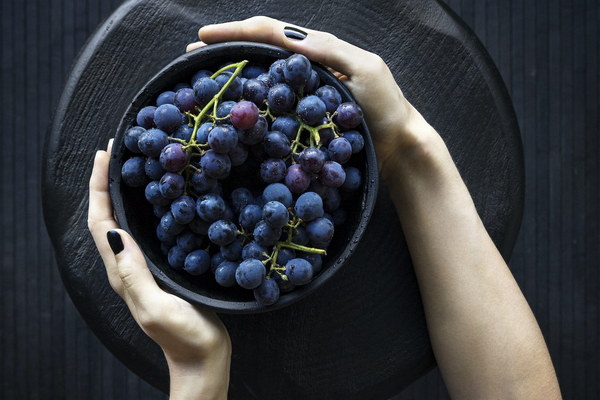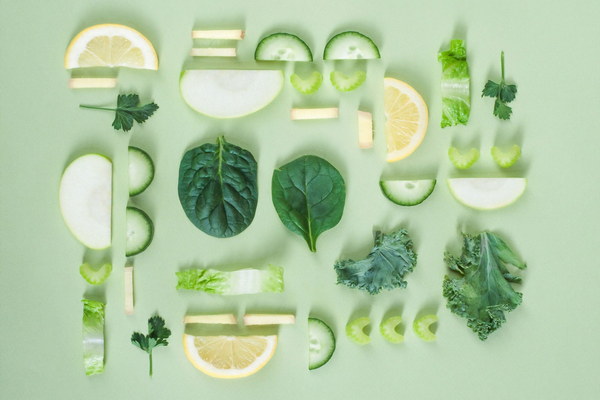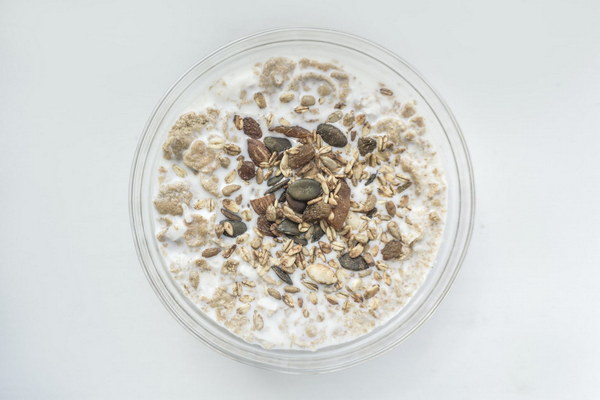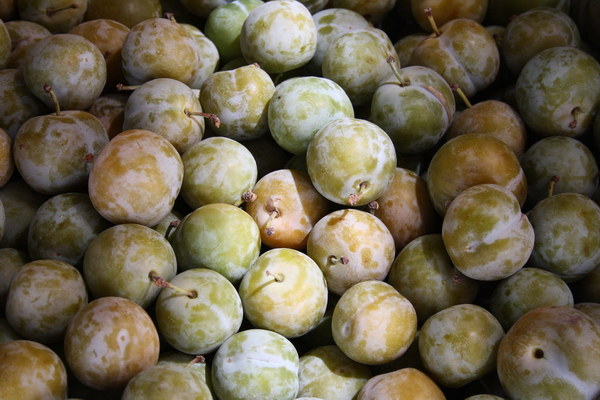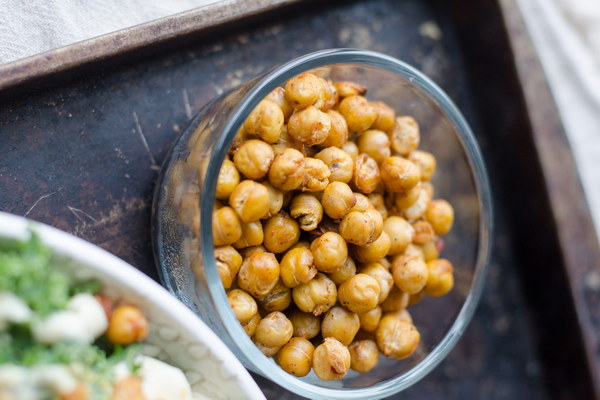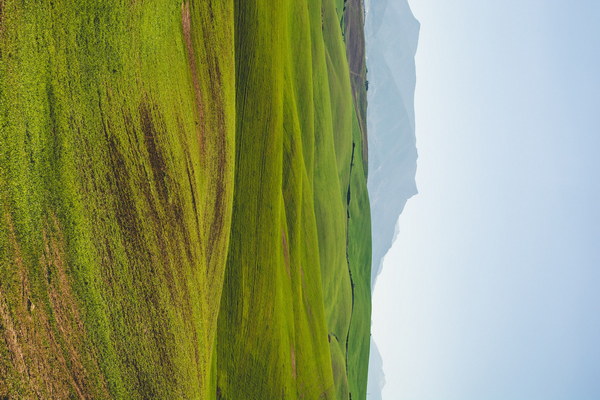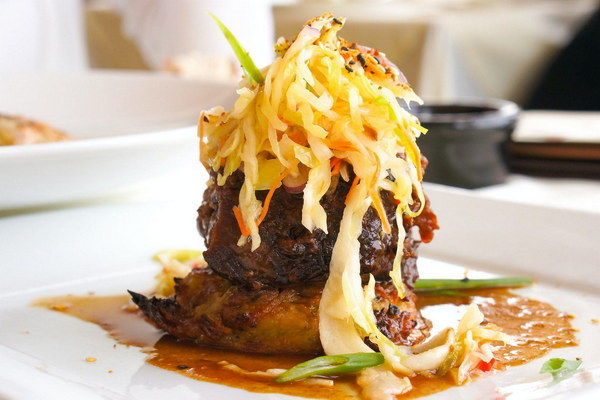Comprehensive Guide to Traditional Chinese Medicines for Kidney-Yin Deficiency in Children
In Traditional Chinese Medicine (TCM), the concept of kidney-yin deficiency is a common diagnosis, especially in pediatric patients. This condition is often characterized by symptoms such as night sweats, irritability, poor appetite, and growth delays. To address this imbalance, a variety of herbal formulas have been developed over centuries. This article provides a comprehensive guide to the most commonly used TCM herbal formulas for treating kidney-yin deficiency in children.
1. Er Chen Tang (Herbs for Rehmannia Decoction)
Er Chen Tang is a classic formula that focuses on nourishing the kidney-yin and clearing heat. It is often prescribed for children with symptoms of night sweats, irritability, and feverish sensations. The formula consists of:
- Rehmannia glutinosa (Shu Di Huang)
- Alisma orientale (Ze Xie)
- Poria cocos (Fu Ling)
- Alisma orientale (Ze Xie)
- Alisma orientale (Ze Xie)
- Alisma orientale (Ze Xie)
- Alisma orientale (Ze Xie)
2. Bu Gu Zhi Wan (Tribulus Fruit Pill)
Bu Gu Zhi Wan is a formula that strengthens the kidney and improves reproductive health. It is often used for children with growth delays or developmental issues. The ingredients include:
- Tribulus terrestris (Bu Gu Zhi)
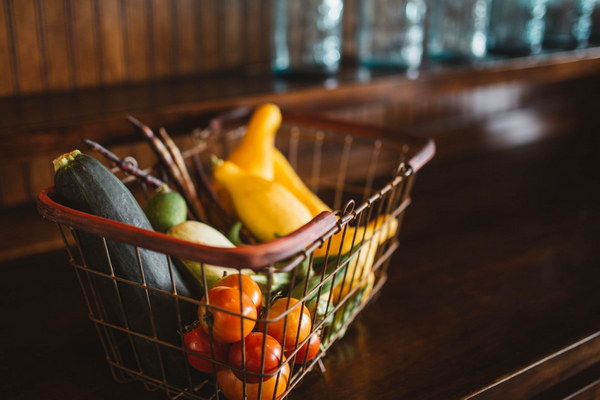
- Cuscuta chinensis (SHE XUE MAI)
- Schisandra chinensis (Wu Wei Zi)
- Fructus Corni (Shan Yao)
- Rhizoma Polygonati odontogoni (Yu Qin)
- Radix Ophiopogonis (Dan Shen)
3. Yu Ping Feng Wan (Yu Ping Feng Decoction Pill)
Yu Ping Feng Wan is a well-known formula for enhancing the immune system and treating kidney-yin deficiency. It is suitable for children with frequent colds or recurrent infections. The ingredients are:
- Atractylodes macrocephala (Bai Zhu)
- Codonopsis pilosula (Dang Shen)
- Astragalus membranaceus (Huang Qi)
- Angelica sinensis (Dang Gui)
- Schisandra chinensis (Wu Wei Zi)
- Poria cocos (Fu Ling)
4. He Shou Wu Wan (Polygonatum Macropodium Pill)
He Shou Wu Wan is a formula known for its ability to nourish the kidney-yin and promote hair growth. It is often used for children with hair loss or poor hair quality. The ingredients are:
- Polygonatum macropodum (He Shou Wu)
- Rehmannia glutinosa (Shu Di Huang)
- Alisma orientale (Ze Xie)
- Poria cocos (Fu Ling)
- Schisandra chinensis (Wu Wei Zi)
- Fructus Corni (Shan Yao)
5. Jin Gui Shen Qi Wan (Golden Pill for Kidney and Qi)
Jin Gui Shen Qi Wan is a formula that aims to strengthen the kidney and improve overall health. It is often prescribed for children with fatigue, weakness, and poor appetite. The ingredients include:
- Codonopsis pilosula (Dang Shen)
- Astragalus membranaceus (Huang Qi)
- Schisandra chinensis (Wu Wei Zi)
- Alisma orientale (Ze Xie)
- Poria cocos (Fu Ling)
- Rhizoma Atractylodis macrocephalae (Bai Zhu)
When administering these herbal formulas to children, it is crucial to consider their age, weight, and specific symptoms. TCM practitioners may adjust the dosage or combine different formulas to create a customized treatment plan. It is also essential to ensure that the herbs used are of high quality and sourced from reliable suppliers.
While TCM herbal formulas can be effective in treating kidney-yin deficiency in children, it is important to consult with a qualified TCM practitioner before starting any treatment. They can provide a comprehensive evaluation and recommend the most appropriate herbal formula based on the child's unique condition.
In conclusion, the TCM herbal formulas mentioned above offer a range of options for addressing kidney-yin deficiency in pediatric patients. By understanding the principles behind these formulas and consulting with a knowledgeable practitioner, parents can help their children achieve better health and well-being through the ancient wisdom of Traditional Chinese Medicine.
